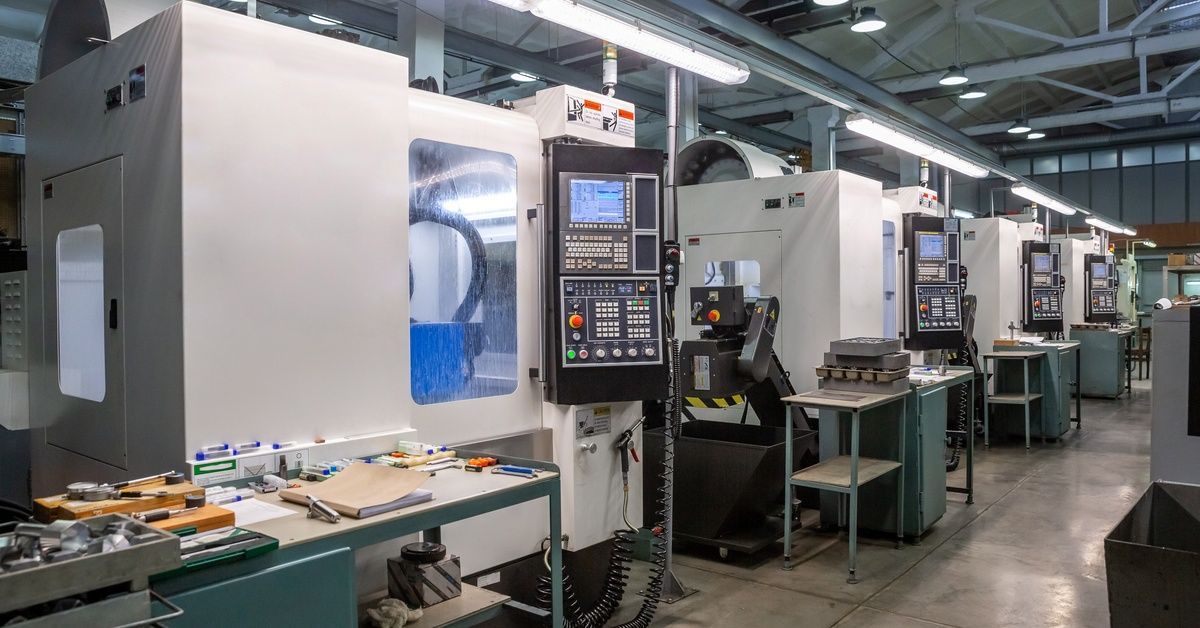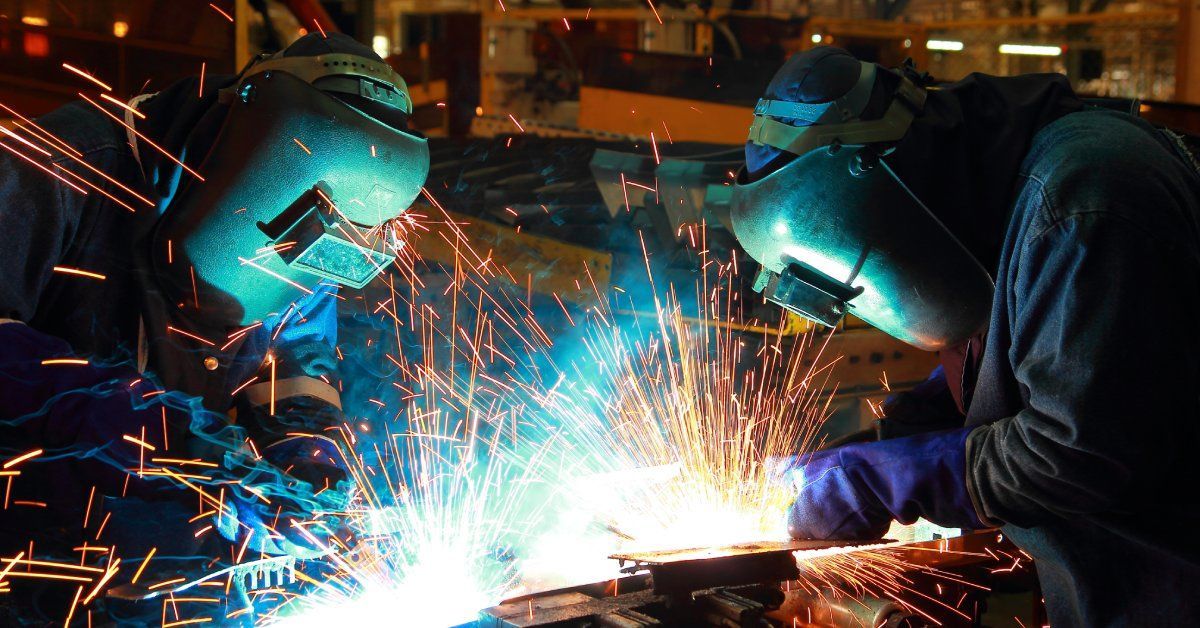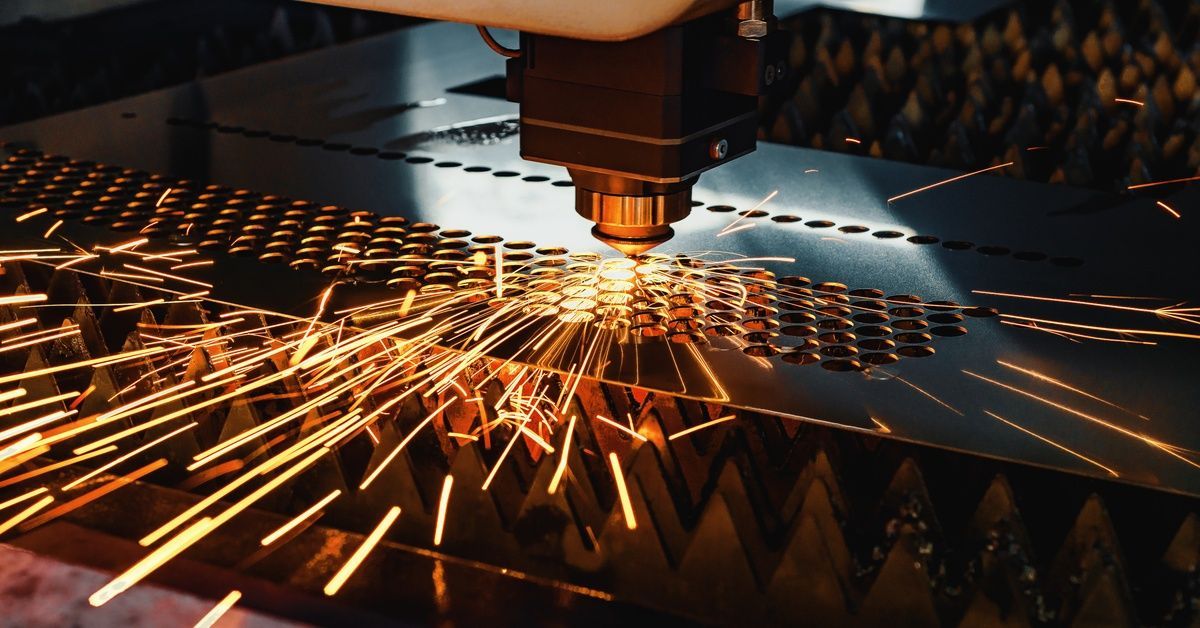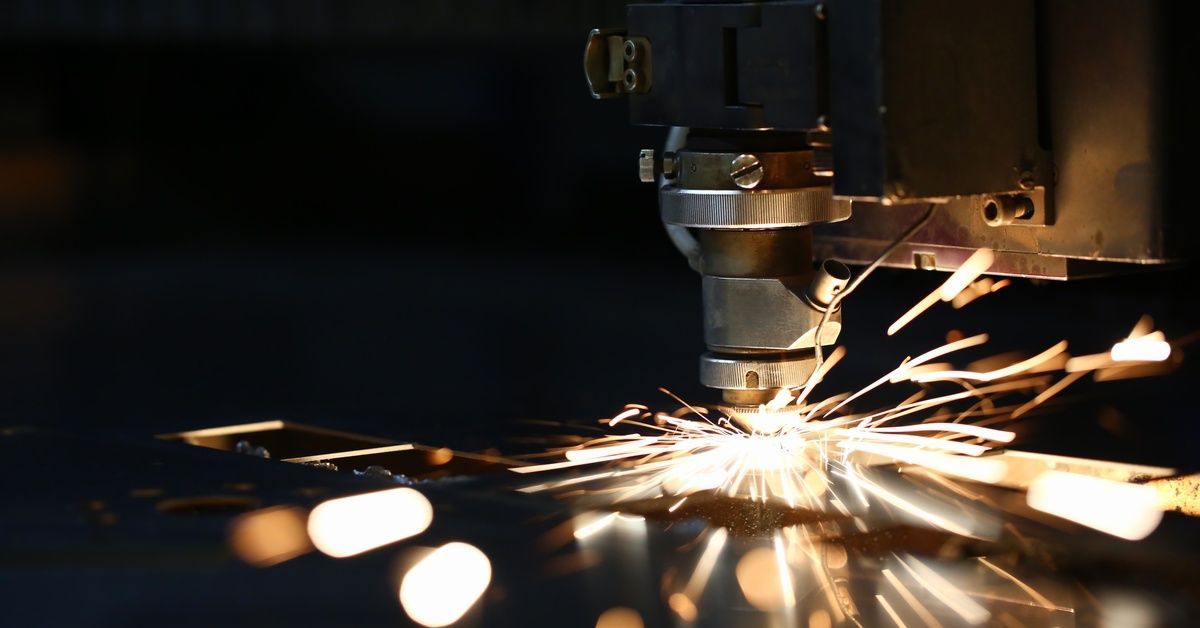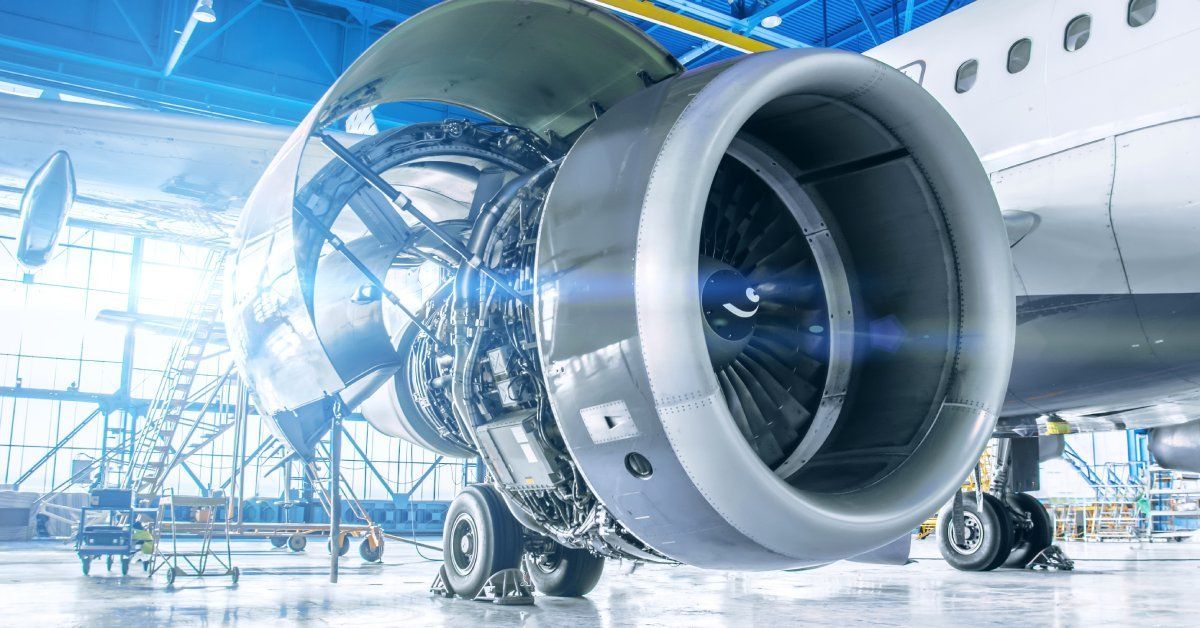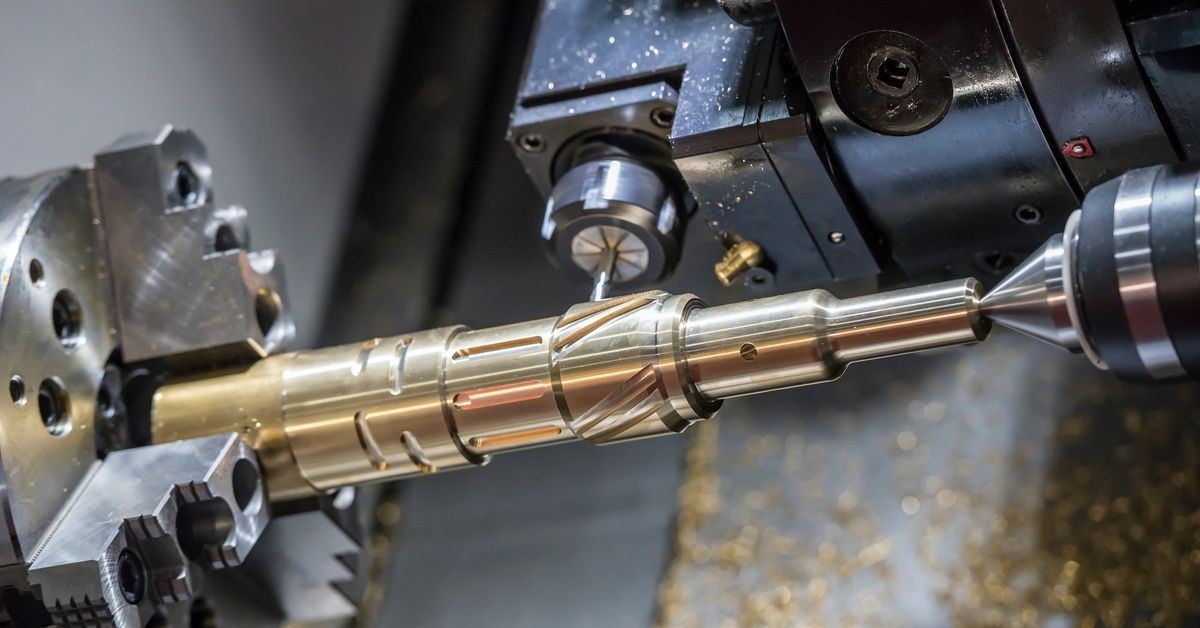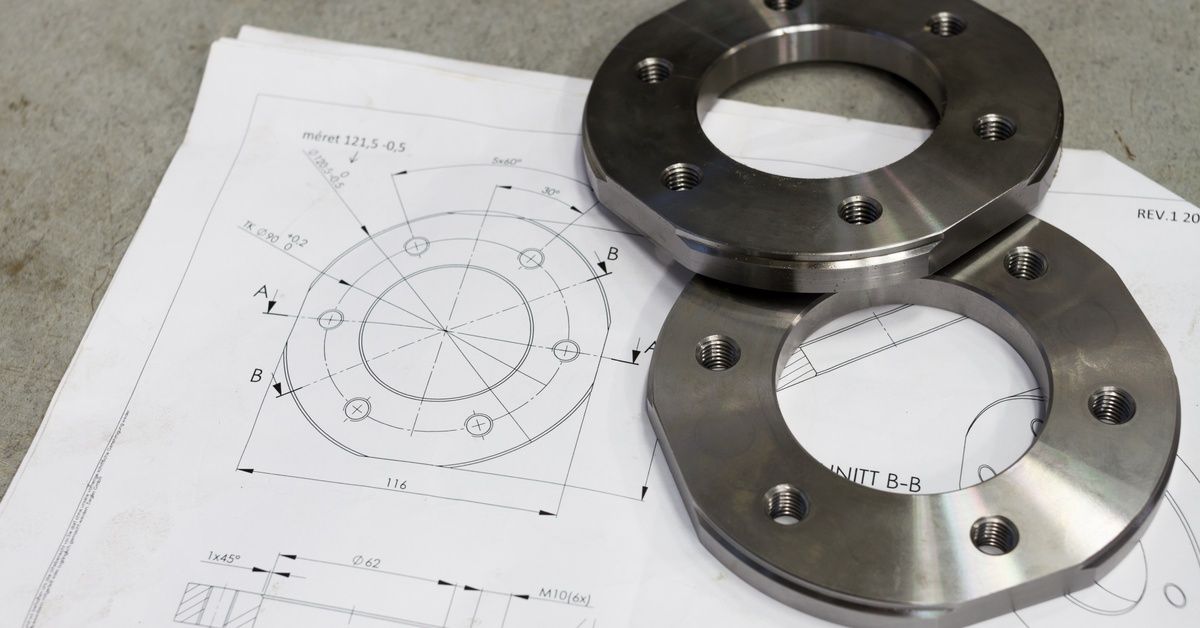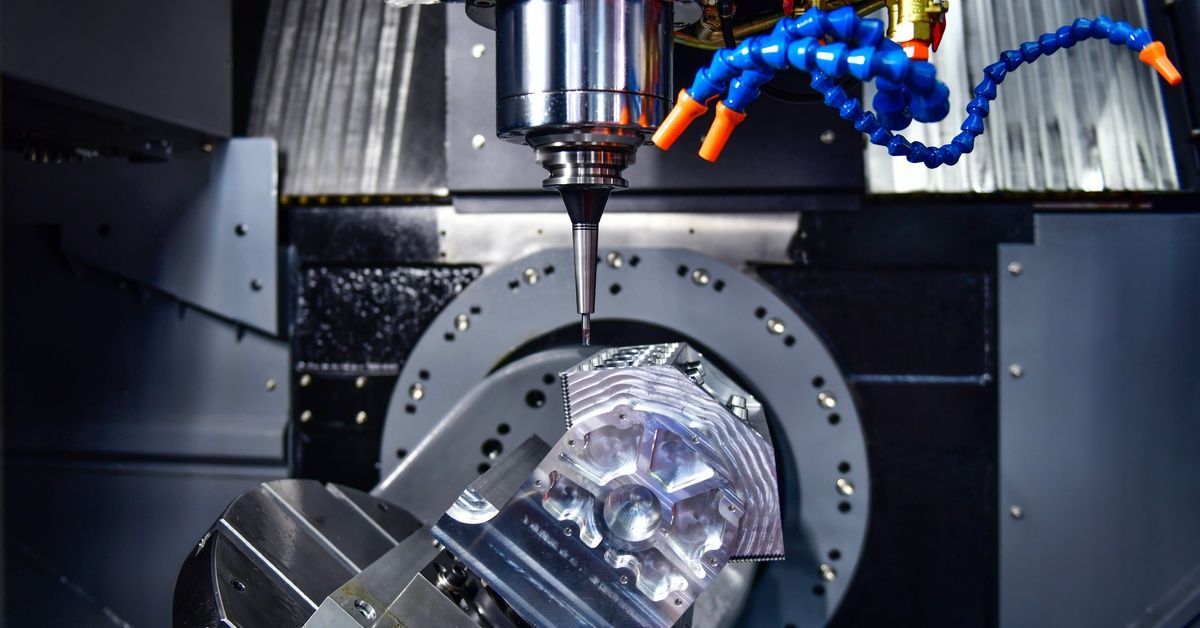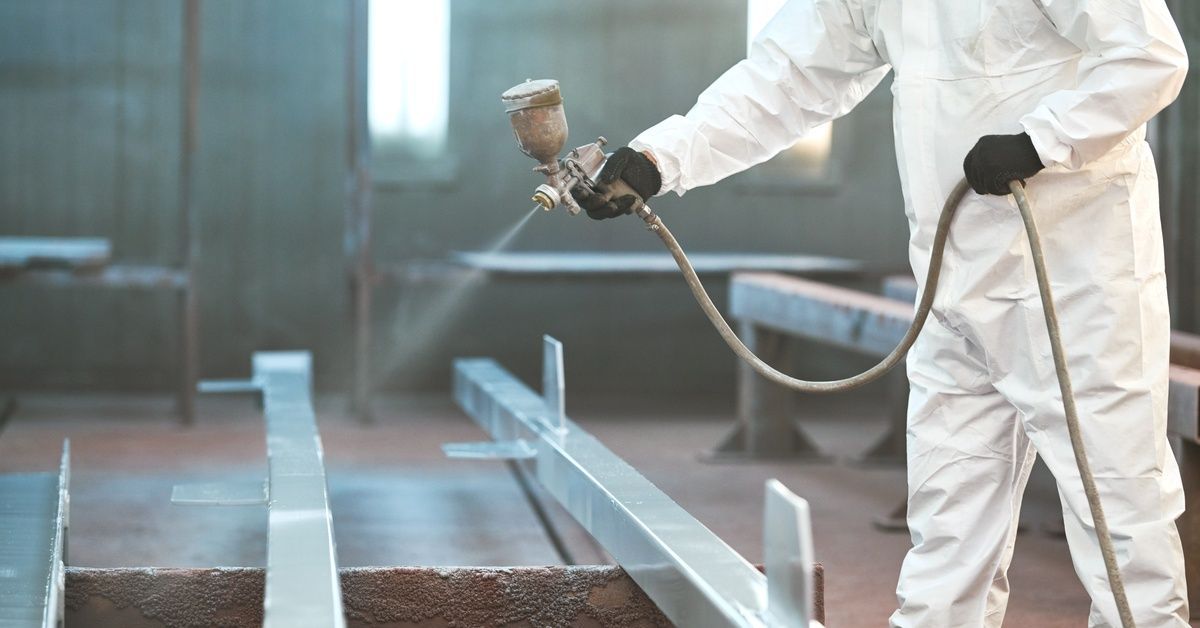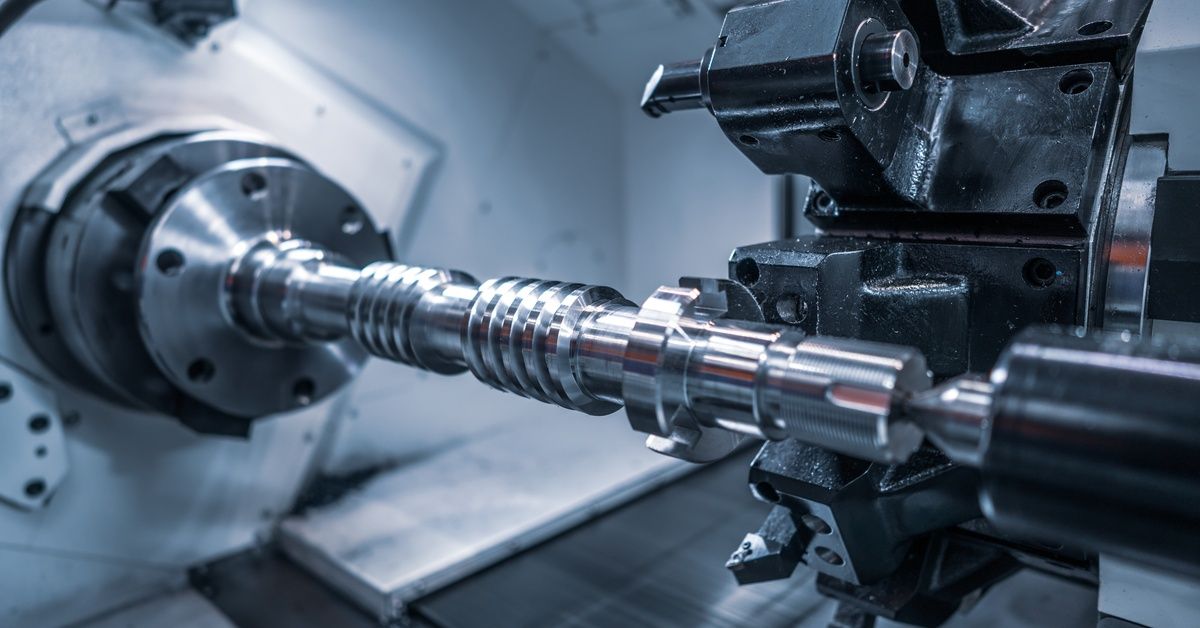The Role of Metal Fabrication in the Oil and Gas Industry
Metal fabrication plays a crucial role in ensuring the oil and gas industry operates safely and efficiently. From pipelines to drilling rigs, the demand for durable, precisely crafted components is unmatched due to the harsh environments and high-stakes nature of this sector.
Companies in this industry face unique challenges that demand specialized fabrication solutions. The harsh operating environments, strict safety regulations, and need for long-term reliability make metal fabrication an essential service. Understanding how fabrication supports oil and gas operations helps companies make informed decisions about their equipment and infrastructure needs.
Applications of Metal Fabrication for Oil and Gas
Metal fabrication creates the essential infrastructure and equipment that keeps oil and gas operations performing reliably in harsh environments. Each application requires high-quality materials, precision manufacturing, and adherence to industry standards.
Platform Infrastructure
Offshore and onshore drilling platforms depend on robust metal frameworks to support heavy equipment and personnel. Fabricators use high-strength steel alloys and specialized welding techniques to create platforms that last decades in challenging environments. Quality fabrication ensures platforms operate safely while protecting oil and gas workers and the environment.
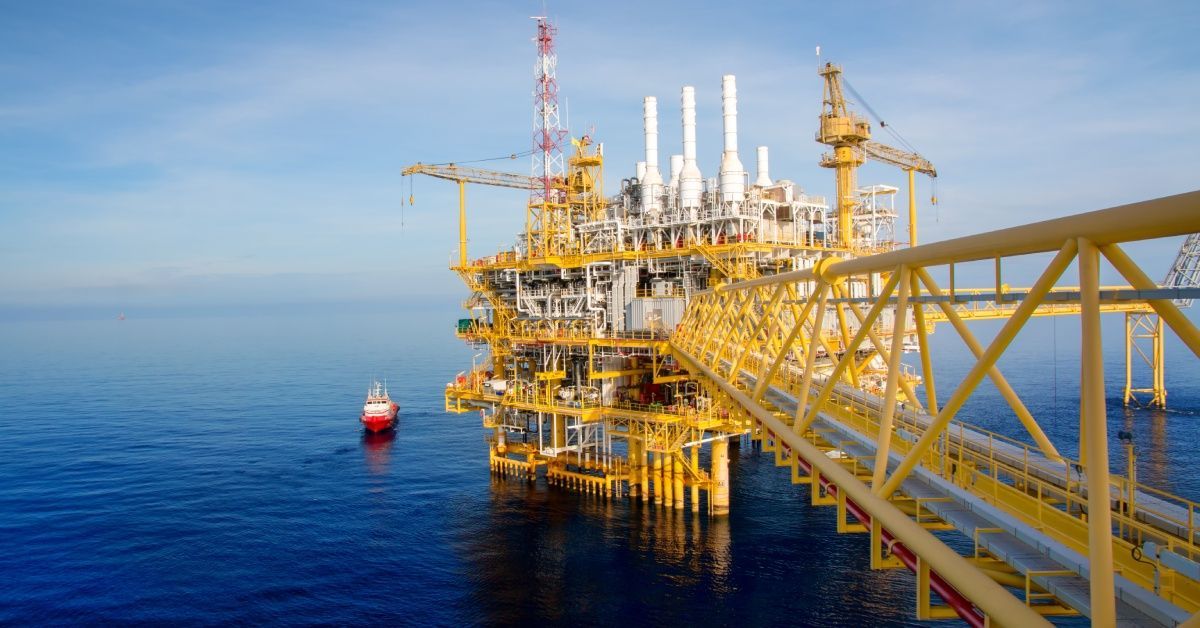
Pipeline Systems
Pipeline networks transport oil and gas across thousands of miles, connecting production sites to refineries and distribution centers. Metal fabrication produces pipes, fittings, and connectors that make up essential transportation systems. This process provides the strength and precision needed to handle high-pressure and corrosive materials safely.
Storage Tanks
Large-scale storage tanks hold crude oil, refined products, and natural gas at various stages of production and distribution. The massive structures require specialized fabrication techniques to create seamless vessels capable of containing volatile substances safely. Advanced welding and corrosion-resistant materials are essential to prevent leaks under high-pressure conditions.
Oil and Gas Separators
Oil and gas separators play a crucial role during the processing stage by separating well fluids into oil, gas, and water. Metal fabrication creates the vessels and internal components that make this separation possible. Fabricators select appropriate alloys and apply protective coatings to extend equipment life and maintain separation efficiency.
Drilling and Extracting Equipment
Metal fabrication creates drill components, wellhead assemblies, and extraction equipment that operate under extreme pressure and temperature conditions. Each piece of drilling equipment must meet exacting specifications for strength, durability, and performance. The fabrication process involves precision machining, specialized heat treatments, and rigorous quality testing to ensure reliable operation in demanding environments.
Advantages of Metal Fabrication for Oil and Gas
The oil and gas industry benefits from metal fabrication’s ability to create custom solutions that meet specific operational requirements. These advantages help companies improve efficiency, reduce costs, and maintain safety standards.
Material Versatility
Metal fabrication provides unmatched material versatility, allowing the oil and gas industry to adapt to a wide range of challenging environments and operational demands. By tailoring components to specific requirements, it supports everything from deep-sea drilling to pipeline construction with precision and reliability. Its flexibility meets varied industry needs without compromising on safety or performance.
Enhanced Precision
The demanding nature of oil and gas operations leaves no room for dimensional errors or poor-quality work. Each component matches its design specifications exactly, creating systems that operate smoothly. The goal is to have equipment that operates as designed and meets operational expectations throughout its service life.
Cost-Effective Production
Metal fabrication provides cost advantages through efficient production methods and material optimization. Skilled fabricators minimize waste, reduce labor costs, and streamline manufacturing processes. The long-term durability of properly fabricated equipment reduces replacement costs and maintenance expenses. Investing in quality fabrication saves money over the equipment’s operational lifetime.
Customization Services
Metal fabrication provides the flexibility necessary to create custom solutions tailored to various applications, site conditions, and operational needs. Fabricators work closely with clients to understand their requirements and develop solutions that meet both current and future needs. A collaborative approach makes sure that the final product performs as expected.
Strict Quality Assurance
Metal fabrication shops maintain strict quality assurance by adhering to rigorous industry standards and implementing precise inspection processes. As a result, every component meets the safety and performance demands critical to the oil and gas industry’s high-pressure environments. Through meticulous attention to detail, these shops deliver reliable solutions designed to withstand the sector’s challenging conditions.
Advancements in Metal Fabrication
Technology continues to improve metal fabrication capabilities for oil and gas applications. These advancements help companies meet the increasing demand for high-quality fabricated components.
Computer Numerical Control (CNC)
Computer numerical control (CNC) refers to a process where preprogrammed software automates the movement of machinery to create precise parts with minimal manual intervention. The repeatability of CNC processes guarantees that components meet specifications through reduced variability and efficient system performance.
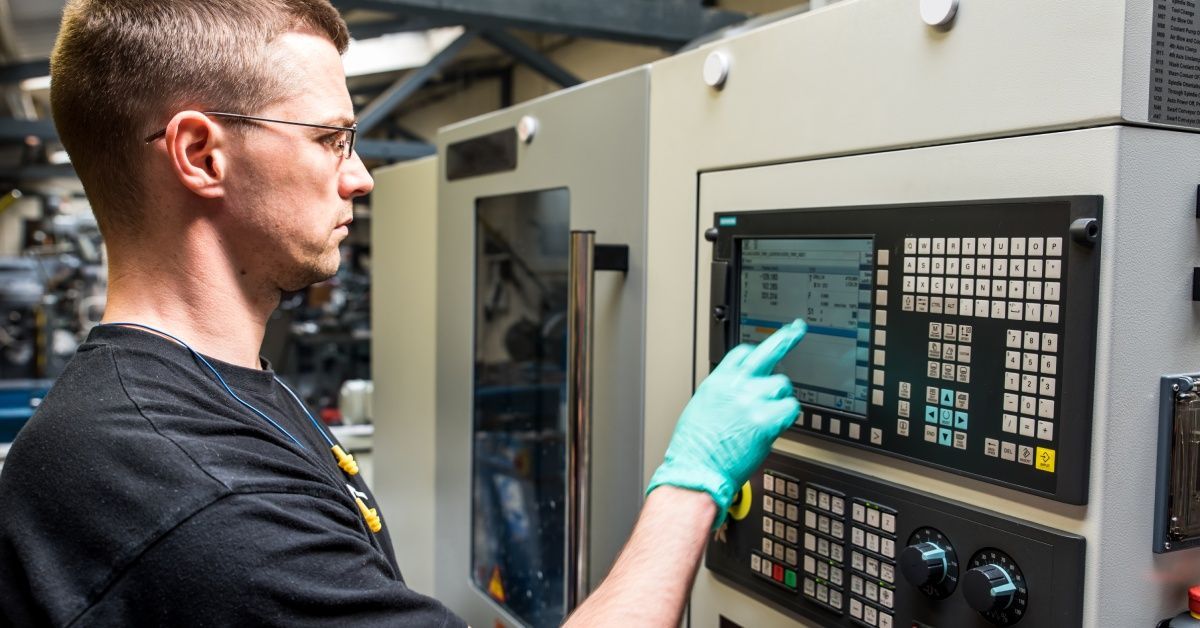
Additive Manufacturing
Additive manufacturing involves building 3D objects from digital models by layering materials on top of each other. This process is also known as 3D printing and has gained popularity due to its ability to create complex shapes that would be challenging or impossible to produce with traditional manufacturing methods. Oil and gas companies use this technology for prototyping, small-batch production, and replacement parts.
Real-Time Monitoring
Internet of Things (IoT) sensors and monitoring systems provide real-time visibility into fabrication processes and equipment performance metrics. They track production progress by recording cycle times and monitoring specific quality parameters like tolerance deviations or material defects. This real-time data helps fabricators identify issues before they impact production or quality.
How To Select a Fabrication Partner for Oil and Gas
The demanding requirements of oil and gas applications require careful evaluation of potential partners. Companies must assess multiple factors to make sure the chosen fabricator can deliver quality results on time and within budget. Several key criteria help identify metal fabrication partners capable of meeting oil and gas industry requirements:
- Industry experience: Look for fabricators with extensive experience in oil and gas applications who understand the unique challenges, regulations, and quality standards that govern this industry.
- Proof of certifications: ISO certifications, ASME code stamps, and other relevant industry qualifications demonstrate a metal fabricator’s ability to meet industry standards and regulatory requirements.
- Machining capabilities: Verify that a metal fabricator possesses the necessary equipment and technology to handle the project’s size, complexity, and timeline requirements.
- Streamlined timelines: Keep the project on schedule and within budget by evaluating the fabricator’s capacity and track record to confirm they can meet your delivery requirements.
- Customer support: Choose a partner who provides responsive communication, technical expertise, and ongoing support throughout the project lifecycle and beyond.
Rely on H&H Machine Service for Custom Fabrication
Metal fabrication remains essential to the oil and gas industry’s success, providing the equipment and infrastructure that enable safe, efficient operations. The combination of advanced technology, skilled craftsmanship, and strict quality standards creates solutions that withstand the industry’s demanding requirements.
Located outside of Houston, H&H Machine Service has decades of expertise serving the oil and gas industry with custom machine services. Contact us today to discuss your upcoming projects and see how our quality fabrication can take your operations to the next level.
